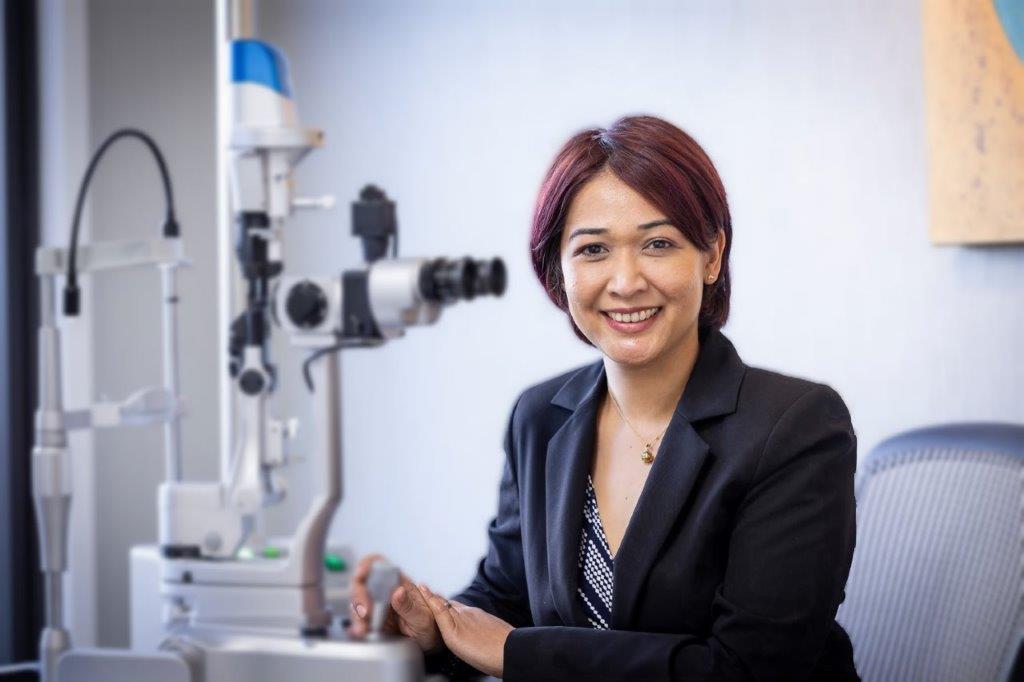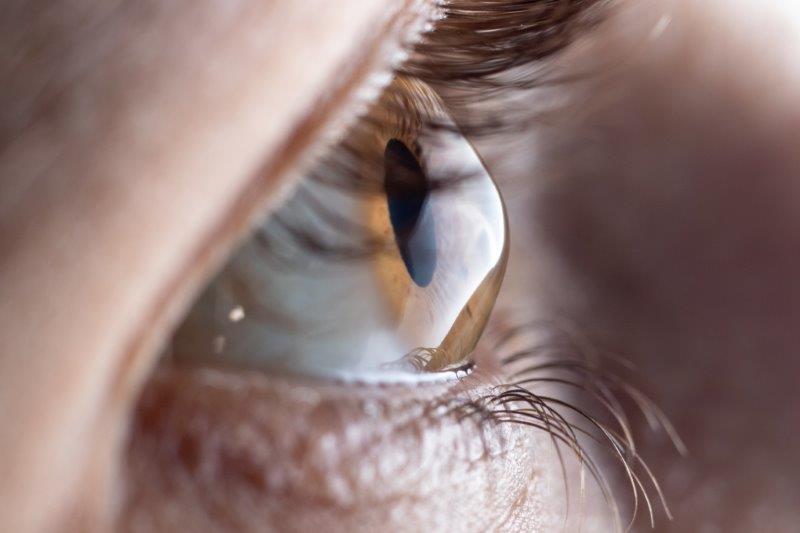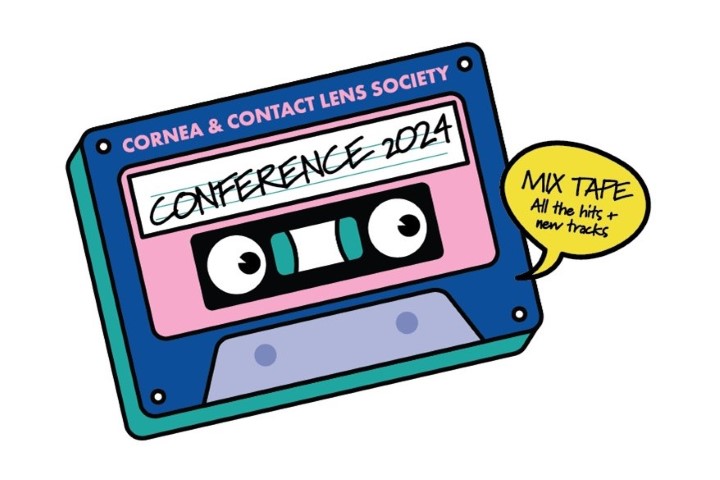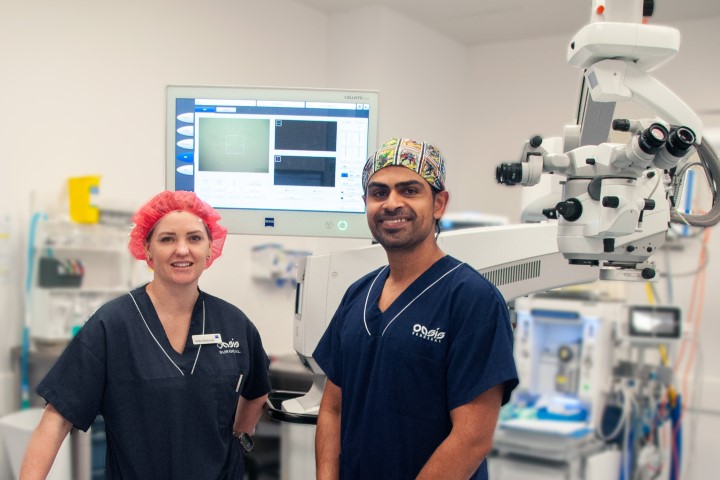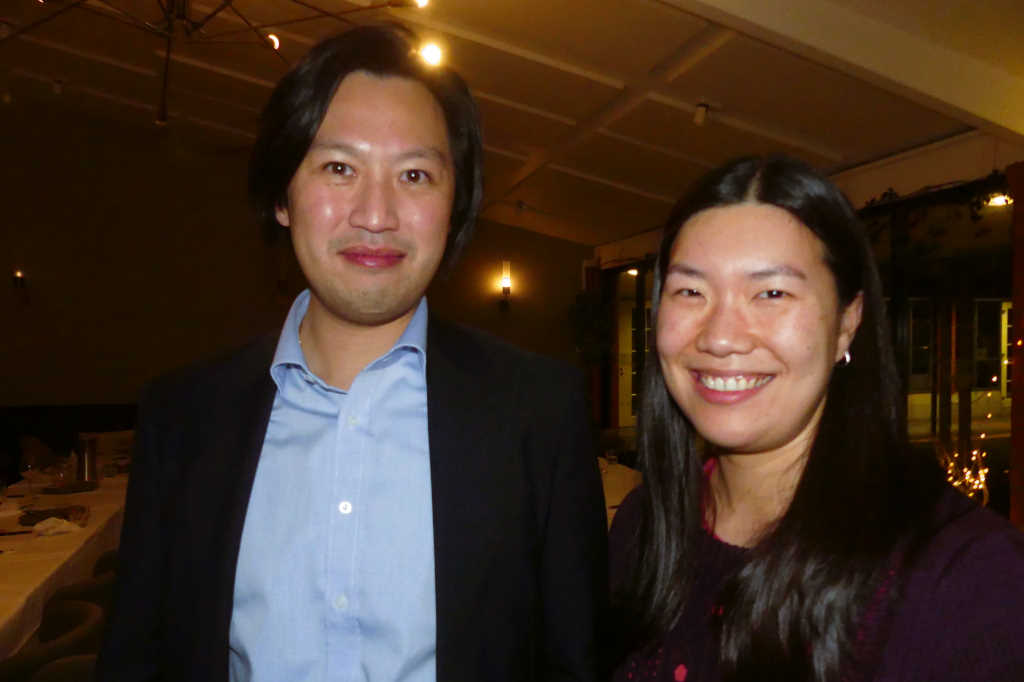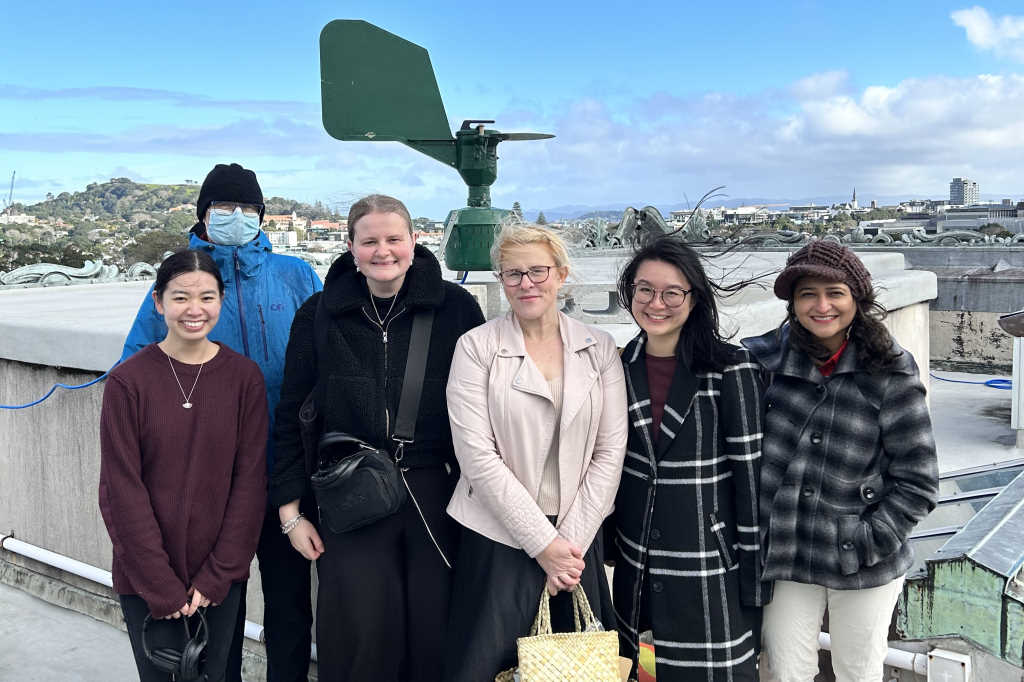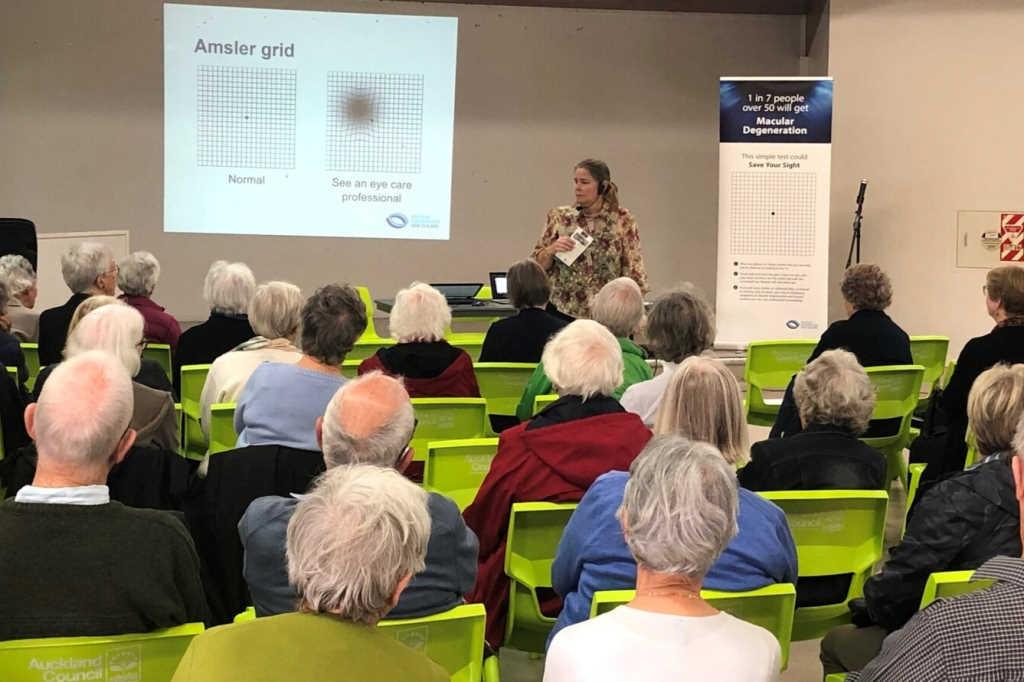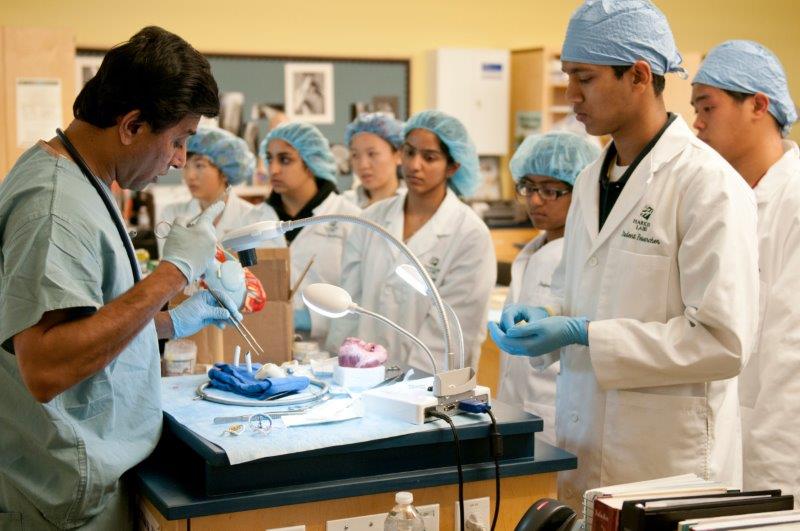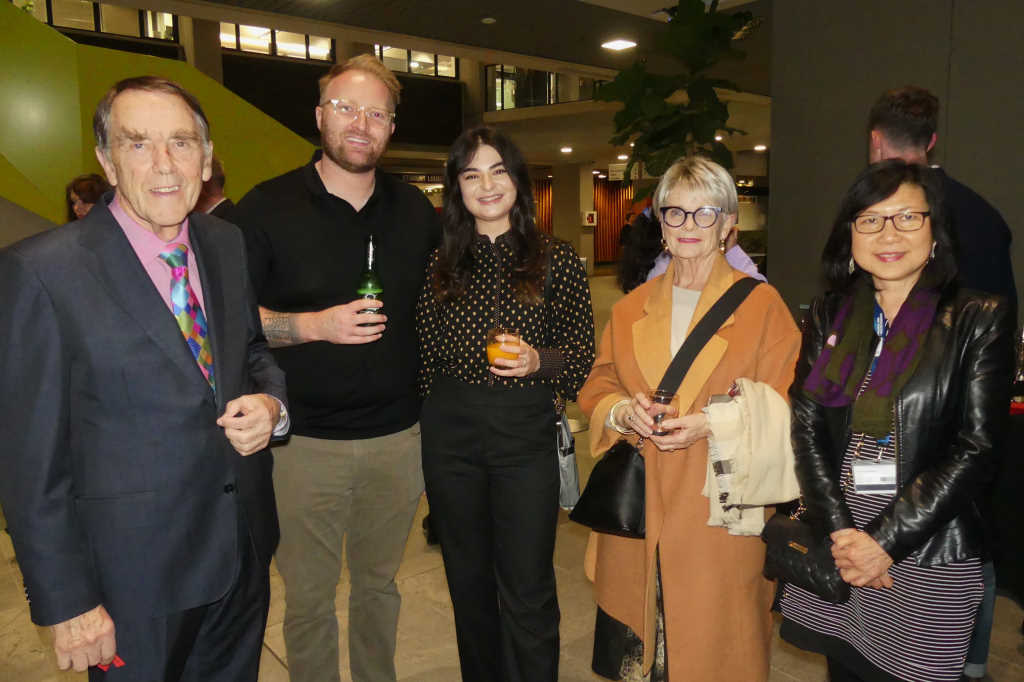Is reading at night better?
Reading in the morning may accelerate myopia, according to new research from Flinders University.
“Our results show that changes in the length of the eye in response to visual blur, which causes myopia, are dependent on the time of the day,” says optometrist Dr Ranjay Chakraborty, a senior lecturer in Optometry and Vision Science at Flinders University.
“As a result, scheduling intensive reading activities in the evening, along with frequent breaks for distance viewing, may prevent the development of myopia in school children, particularly those at risk of developing myopia due to excessive near work.”
Dr Chakraborty presented these findings as a ‘hot topic’ at the Association for Research in Vision and Ophthalmology (ARVO) 2018 conference in Hawai’i in April.
Researchers imposed visual blur using “plus lenses” and “minus lenses” in 23 emmetropic individuals (people with normal vision) aged 19 to 30. The minus and plus lenses were used to artificially simulate “near reading” and “relaxed eye” type blur conditions, respectively. They then compared the extent of blur from 10am to noon, and 5pm to 7pm.
They particularly studied effects of blur on axial length (length of the eye) - which is important because myopia is primarily caused by an excessive increase in axial length - and the choroid tissue at the back of the eye, as myopia is associated with significant thinning of the choroid.
“Interestingly, our measurements showed that, depending on the time of day, the effects of plus and minus lens-induced blur were significantly different,” says Dr Chakraborty. “The natural daily fluctuations in axial length may be influencing the response to imposed visual blur, depending on the time of the day. It appears that pro-myopic, or ‘near reading’ type blur may be more detrimental in the morning. Therefore, reading more in the evening than in the morning may lessen the detrimental effects and help slow the progression of myopia.”
The study was conducted in adults, but most people, if they are going to develop myopia, would have already developed it by this age. Dr Chakraborty now wants to study young children and see if there are similar or larger changes.
“We want to arrest myopia at the right age, when the eyes are still developing,” he stresses.











